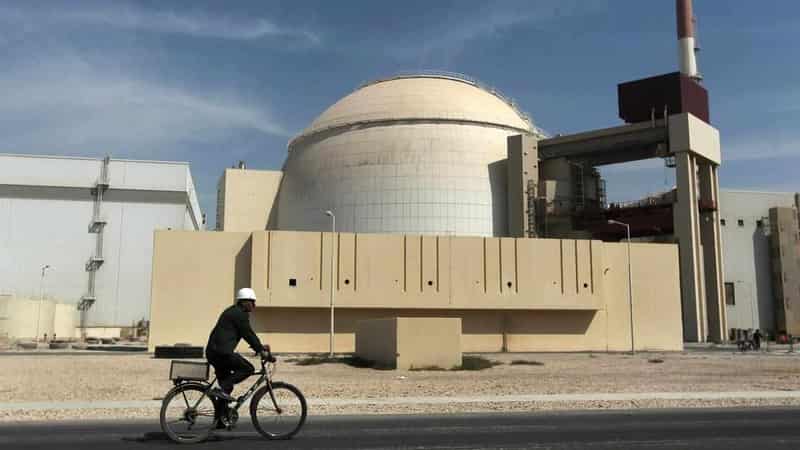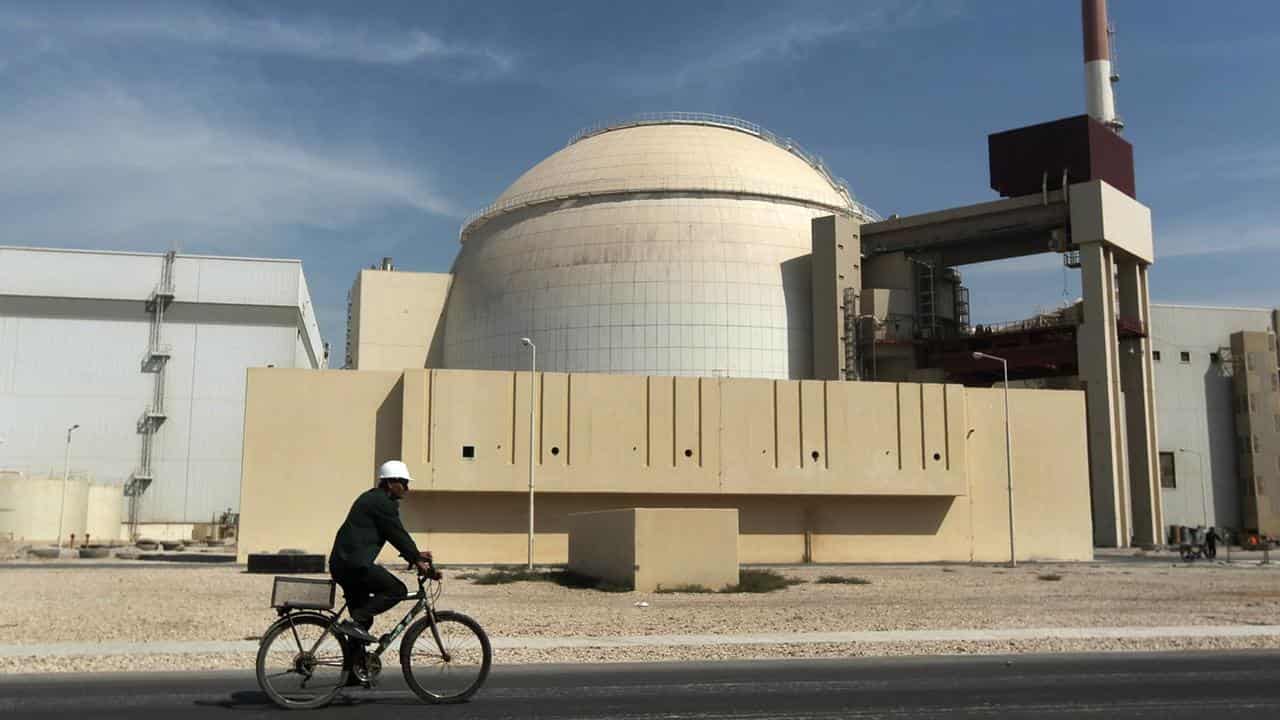
Australia can look to the Middle East and central Europe as exemplars of nuclear power deployment, a senior business figure suggests.
Ziggy Switkowski has backed the opposition's latest nuclear power announcement, almost 20 years after releasing his controversial report on a potential nuclear industry for John Howard's government.
The coalition on Wednesday pledged to build seven nuclear plants at the sites of coal-fired power stations if it wins the next federal election.
No costings have been provided, and experts have cast doubt on the timeline and proposed sites, but Opposition Leader Peter Dutton has promised to provide more detail before voters go to the polls.
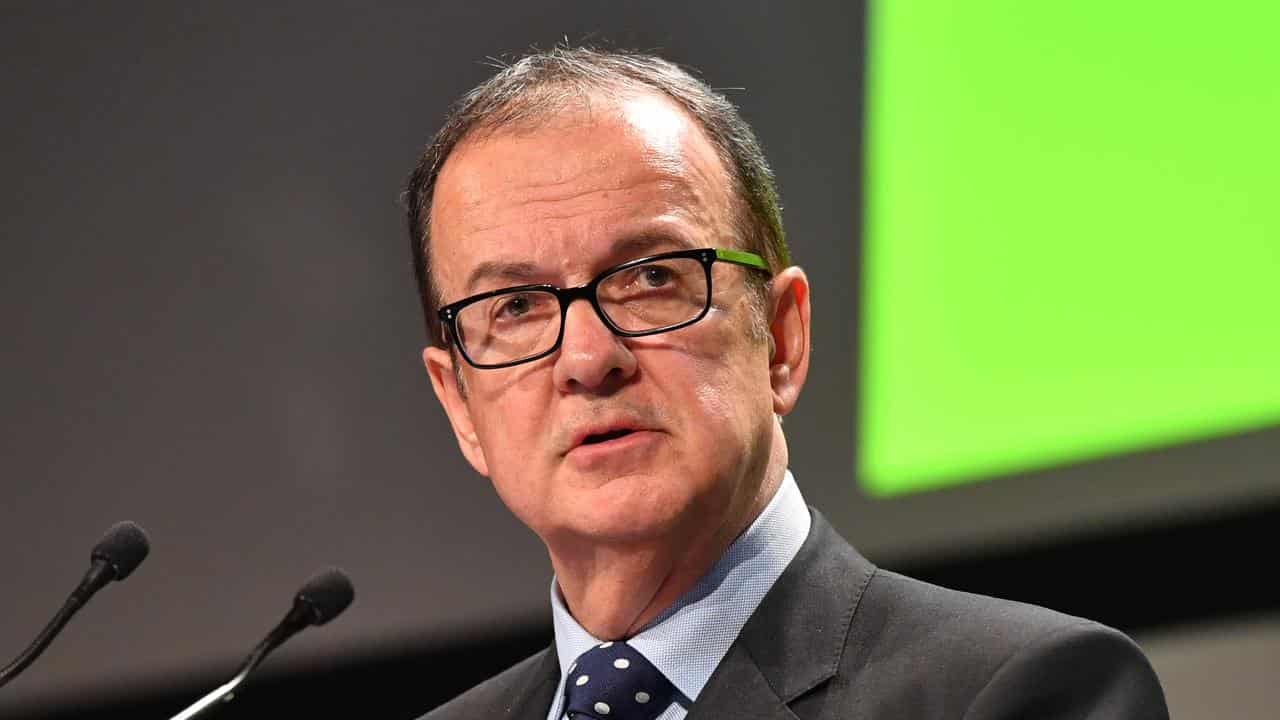
There was "no question" it would be a good option for Australia according to Dr Switkowski, who is also trained as a nuclear physicist.
"You've got a lot of activity in the Middle East and in central Europe, and these are countries new to nuclear technology, but they may well be exemplars of how to have a thoughtful deployment of nuclear power," he told Sky News on Friday.
"It'll be up-front, high costs that will be funded by the government. That's important.
"Then progressively, as the network absorbs this capacity and the system is optimised, you will find that you can divest, monetise your investment in some of these reactors and recover your costs."
But Prime Minister Anthony Albanese maintained the plan was still a "nuclear fantasy".
"There's nothing new in bringing Ziggy out to promote nuclear, he's been doing it his whole life," he told ABC Radio.
"The truth is that even who someone who is a so-called advocate can't say that it's anything other than the most expensive form of new energy.
"There's a reason why the coalition are saying that they're going to nationalise that part of the energy sector - unusual for a Liberal Party - and that's because no bank, no financier, will touch it with a barge pole because it doesn't stack up."
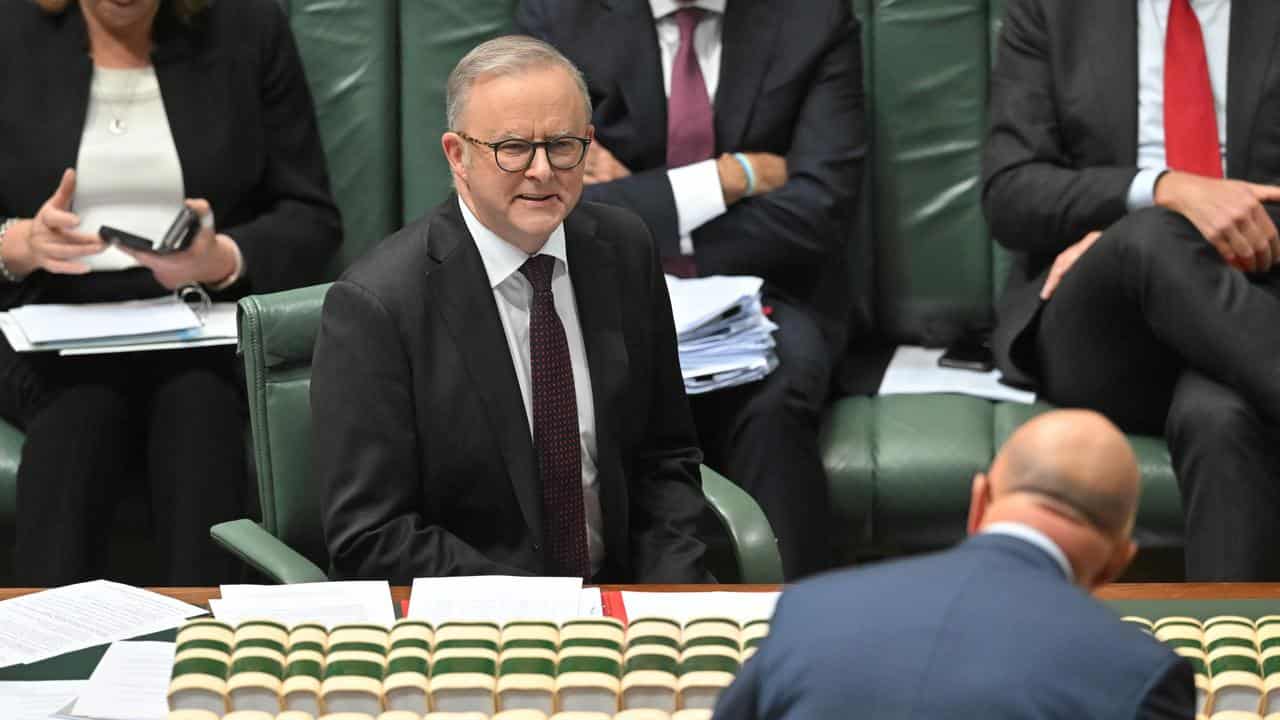
Mr Dutton said Australians would be "pleasantly surprised" when the costings are eventually revealed.
"It's a lot of money, there's no question about that, but this is an investment," he told Nine's Today program.
But a survey from the Australia Institute showed 65 per cent of Australians were not prepared to pay any more to have nuclear power in the nation's energy mix, regardless of their voting intentions.
"The numbers are clear: residents across the country, regardless of who they vote for, don’t support a nuclear future that requires them to pay more for electricity than they already do," the institute's executive director Richard Denniss said.
First Nations elders also harbour concerns about the reactors and have vowed to fight the opposition's plans.
One of the sites earmarked for a nuclear plant, Tarong in Queensland, is located on Indigenous elder Aunty Jannine Smith's country.
"Over my dead body. I will be in a tent outside Tarong gates," she told AAP.
"It's a death sentence to that land."
Ms Smith said building a nuclear plant on that land would be "severing the connection to that sacred site of ours".
"We are the custodians of the land, the land is our mother and we don't own our mother, we care for her," she said.
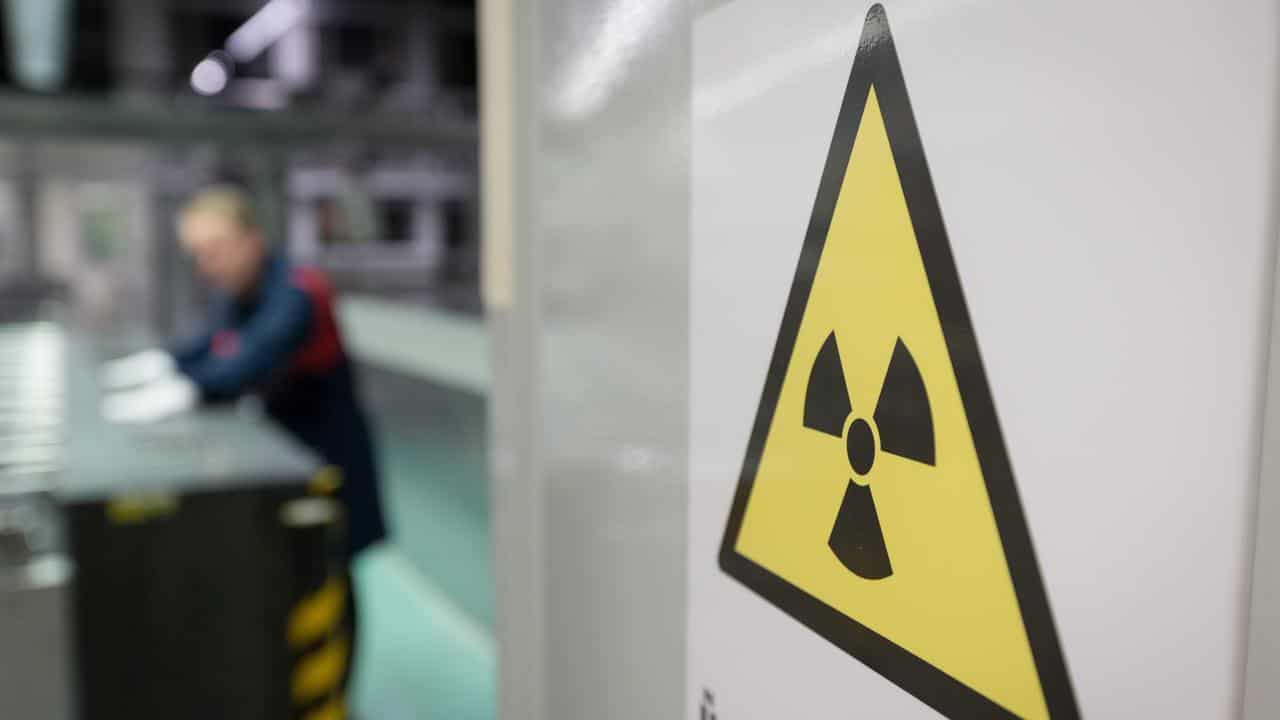
Queensland Conservation Council's Paul Spearim said "white Australia has a short-sighted approach to country".
He pointed to Maralinga and Emu Field in South Australia where the British held nuclear tests that exposed more than 1000 Indigenous people to radiation.
"We have learnt that white Australia cannot be trusted with nuclear power, and you continue to act without care for our sacred country," Mr Spearim said.
Other sites put forward for nuclear plants include Loy Yang Power Station in Victoria, Callide in Queensland, Mount Piper at Lithgow in central west NSW and Liddell in NSW's Hunter region.
Small, modular reactors would be built at Northern Power Station in Port Augusta and at Muja Power Station, southeast of Perth.
